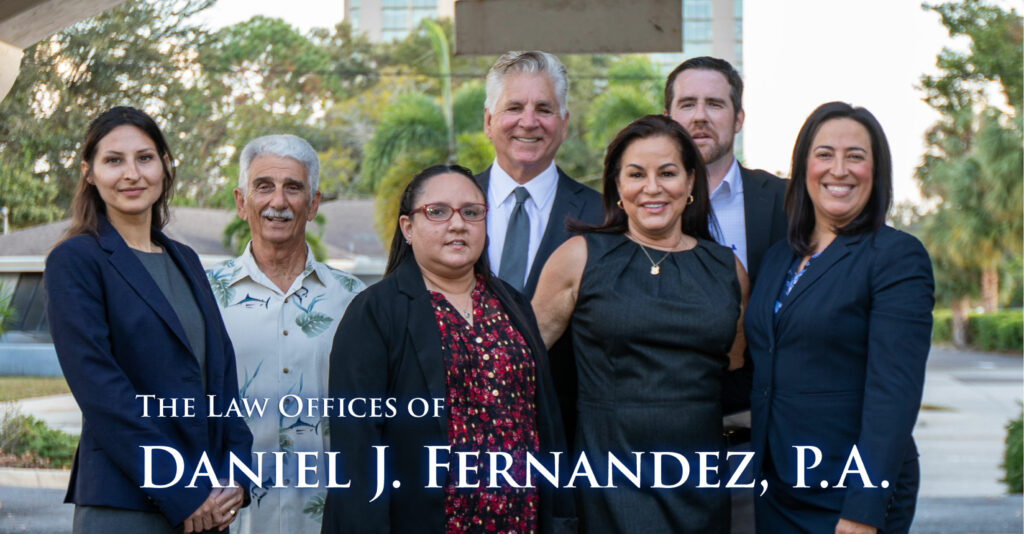Often, law enforcement officers obtain evidence before an official arrest by asking incriminating questions while an individual is being detained and then use the incriminating answers to make a formal arrest. Once a person is no longer free to leave they can not be compelled to answer incriminating questions. When speaking to the police, everything you say can and will be used against you in a court of law.
What Are My Fifth Amendment Rights?
The Fifth Amendment to the United States Constitution provides that no person shall be compelled to be a witness against himself or herself. If the police detain you and you are not free to leave, the police must advise you of your right to remain silent and your right to counsel before they are allowed to ask you questions that may tend to incriminate you.
What Are My Sixth Amendment Rights
The Sixth Amendment to the United States Constitution guarantees a defendant in a criminal proceeding the right to counsel. You may not be subjected to interrogation unless you waive your Fifth Amendment Right to Remain Silent and Your Sixth Amendment Right to Counsel.
What Are Miranda Rights?
If you have been detained and are not free to leave, the police must advise you of your Miranda rights before questioning you. If you invoke your Miranda rights the police may not question you unless an attorney is present. After Miranda, A person has no duty to answer any incriminating questions. The person can invoke his or her Fifth Amendment right to remain silent and refuse to reply if the answers are potentially self-incriminating. If police detain (or arrest) a person, they must advise him or her that he or she has a right to remain silent, and the right to an attorney. This is known as the Miranda warning. If the detained person invokes these rights, all interrogation must cease. At trial, the prosecution can not comment on the defendant’s invocation of his right to remain silent or failure to testify.
Why You Should Contact a Criminal Defense Attorney
If you have been arrested it is important that you invoke your right to remain silent and speak with an experienced criminal defense lawyer before answering incriminating questions. Everything you say can and will be used against you in a court of law.







